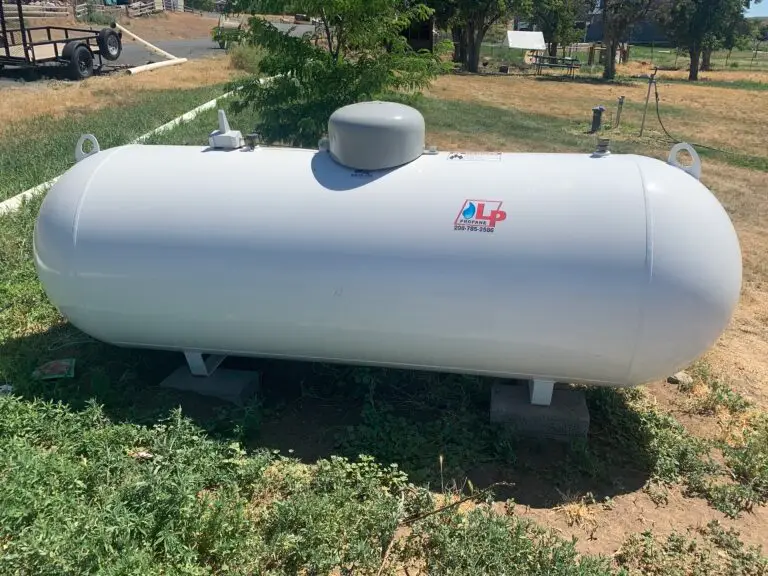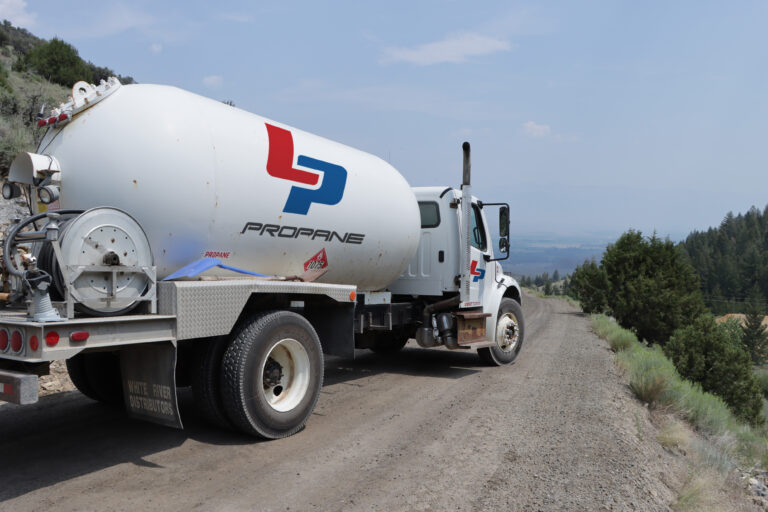
Portable Power: How Liquid Propane Keeps You Going Off the Grid
As more people seek independence from traditional power grids, the demand for reliable off-grid energy sources continues to grow. Liquid propane has emerged as a favorite fuel for off-grid living, offering portability, efficiency, and versatility. Whether you live in a

